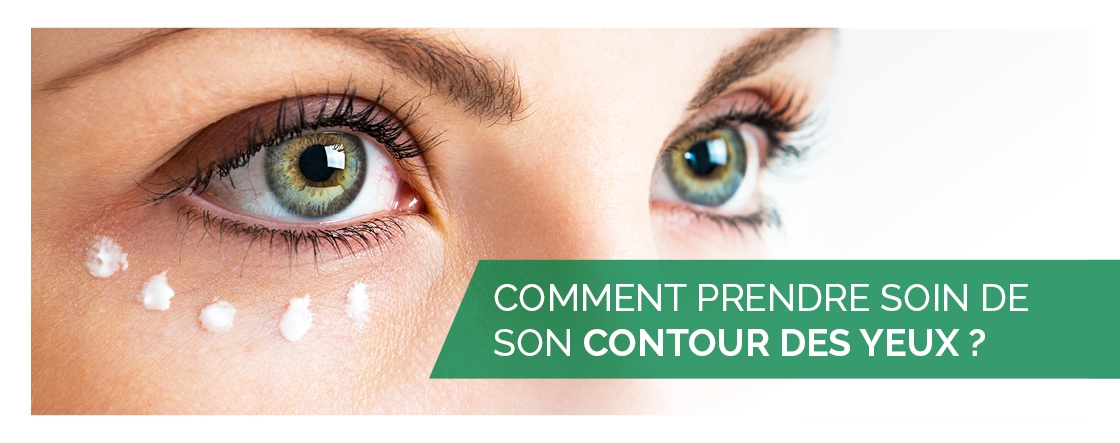All Categories
Featured

While many people recognize the value of securing their skin from the sun, the hazardous impacts of ultraviolet (UV) rays on eye health often go ignored. Whether you're soaking up the sun on a summer season day or walking outdoors on a cloudy mid-day, protecting your eyes from UV rays is vital.
What Are UV Rays? UV rays are a sort of electro-magnetic radiation discharged by the sunlight. They are classified right into three types:
UVA Rays: These permeate deep into the skin and eyes and can add to long-lasting damage. UVB Rays: These rays are a lot more intense than UVA and are mainly in charge of surface-level damage to the eyes and skin. UVC Rays: These are the most dangerous however are mostly soaked up by the Earth's ozone layer and don't normally reach us. UVA and UVB rays are the main culprits behind eye-related damages.
Short-Term Results of UV Direct Exposure on the Eyes. Also temporary direct exposure to extreme UV rays can hurt your eyes. One usual problem triggered by this is photokeratitis, or "sunburn of the eye." Signs of photokeratitis consist of:
Uncomfortable, red eyes. Sensitivity to light. Tearing or excessive watering. Temporary vision loss or blurred vision. Photokeratitis is typically short-lived, however it works as a caution of exactly how harmful UV exposure can be, even in small doses.
Long-Term Results of UV Direct Exposure. Long term exposure to UV radiation can result in a lot more serious and permanent eye problems, such as:
Cataracts: UV rays can speed up the development of cataracts, a problem that creates clouding of the eye's all-natural lens, causing fuzzy vision and, if without treatment, blindness.

Macular Deterioration: UV exposure can harm the retina, specifically the macula, boosting the risk of age-related macular deterioration (AMD), which influences central vision.
Pterygium: A development of tissue on the white part of the eye that can cross the cornea, triggering pain, redness, and vision problems.
Pinguecula: UV exposure can trigger yellowish deposits to base on the conjunctiva, leading to irritability and dry skin.
Skin Cancer Cells Around the Eyes: The delicate skin surrounding your eyes is extremely vulnerable to UV radiation, boosting the risk of skin cancers like basic cell cancer and squamous cell carcinoma.
How to Protect Your Eyes from UV Rays. Protecting your eyes from UV rays is simple and needs a couple of mindful habits:
Purchase High Quality Sun glasses: Select sunglasses that block 100% of UVA and UVB rays. Search for labels that define "UV 400" defense. Wrap-around styles are excellent as they block UV rays from the sides as well.
Wear a Wide-Brimmed Hat: A hat with a brim at the very least 3 inches vast can significantly minimize UV exposure to your eyes and face.
Limitation Exposure During Optimal Hours: UV rays are greatest between 10 a.m. and 4 p.m. If you have to be outdoors during these hours, make certain you're sufficiently secured.
Don't Be Deceived by Clouds: UV rays can penetrate via clouds, so it is necessary to use sunglasses also on overcast days.
Safeguard Your Eyes Year-Round: Snow, sand, and water can show UV rays, increasing their results. Eye protection isn't simply for warm summer season days-- guarantee you're covered in all periods.
Use UV-Blocking Contact Lenses: Lots of get in touch with lenses currently come with UV protection. If you put on calls, ask your ophthalmologist regarding lenses with built-in UV filters for added security.
Urge Eye Defense for Kid: Children's eyes are extra delicate to UV rays because their lenses are more clear, enabling even more radiation to reach the retina. Make certain they use sunglasses and hats during outdoor activities.
Routine Eye Exams. Normal examinations with an eye treatment expert are vital for very early detection of any UV-related damage. An optometrist or eye doctor can assess your eyes, advise protective procedures, and spot problems like cataracts or macular degeneration beforehand.
Final thought. UV rays present a significant threat to eye wellness, and their results can gather over time. With the ideal precautions, you can decrease these dangers and shield your vision. By using UV-blocking sunglasses, restricting sunlight exposure during top hours, and remaining constant with eye exams, you can ensure your eyes remain healthy and balanced and your vision remains clear for many years ahead. Shielding your eyes from UV radiation isn't simply concerning comfort-- it's an essential action in preserving your lasting eye wellness.
Latest Posts
Unlock Your Financial Partner at WyHy – Low Rates for Members
Enhance Your Building with Overhead Door Systems
Unlock WyHy Federal Credit Union – Key Tools for Your Future